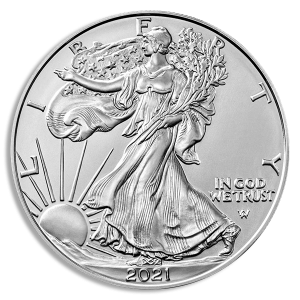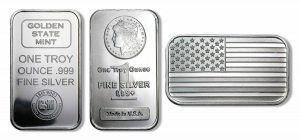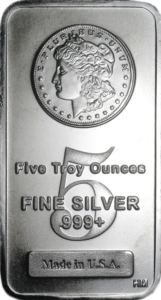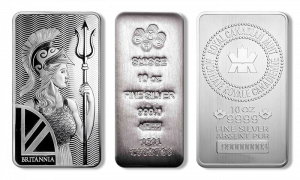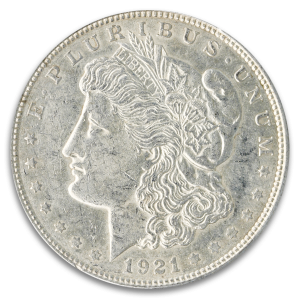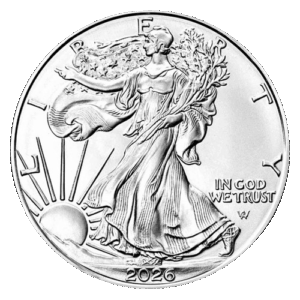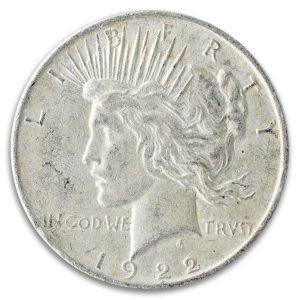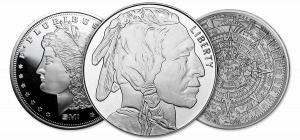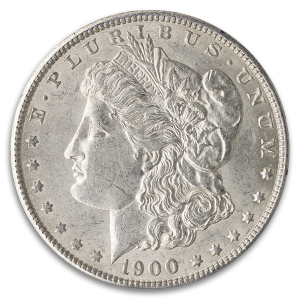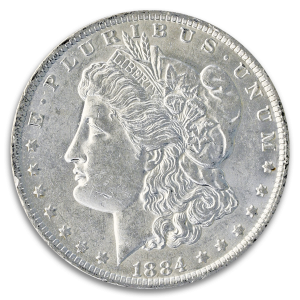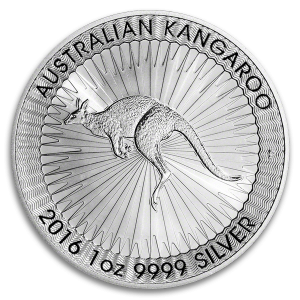$20 Saint Gaudens XF (Dates/Types Vary)
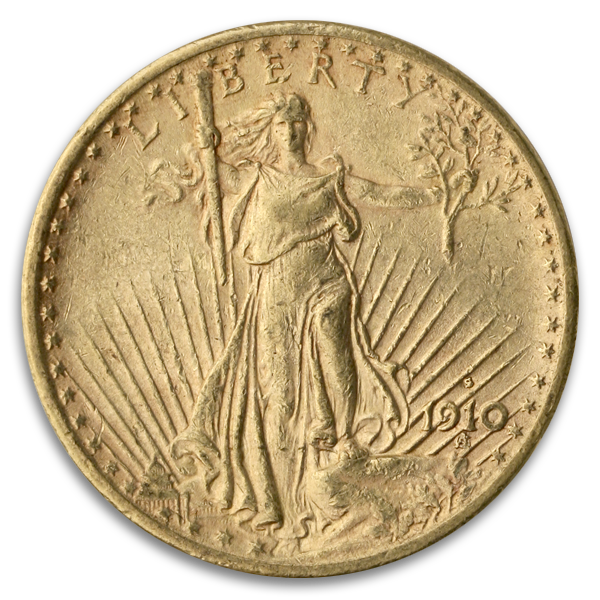


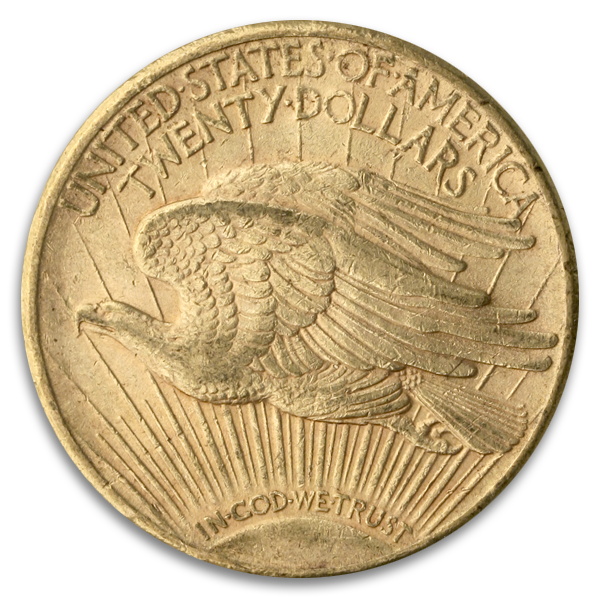

Ships immediately
Order in 1 click2026/02/04
Gwen rocks
2026/02/04
Easy to work with. Highly recommend this company.
2026/02/04
To search and buy coins was easy enough. I have bought other coins and never had any issues.
2026/02/03
it was fine. i'll reserve judgement until after delivery of items.
2026/02/03
Easy to use
2026/02/03
WELL I LIKE THE COIN
This Type underwent two significant revisions and two relatively minor adjustments. The first major alteration occurred in 1908 when the motto "IN GOD WE TRUST" was introduced to the reverse, prominently positioned just above the sun. The second substantial change transpired in 1912, coinciding with the admission of New Mexico and Arizona as states. This momentous occasion prompted the addition of two stars to the obverse, elevating the total count to 48. These new stars found their place at the lower right end of the existing arc pattern of stars. In 1908, minor tweaks were also implemented, including a shift in the number of eagle tail feathers from eight to nine and a slight reduction in the number of rays on the reverse, from 34 to 33.
The incorporation of the motto "IN GOD WE TRUST" into our coinage was advocated for by Reverend Mark R. Watkinson of Ridleyville, Pennsylvania. The profound religious sentiments stirred by the uncertainties and horrors of the Civil War spurred Rev. Watkinson to champion this addition. Secretary of the Treasury Salmon P. Chase shared this sentiment and, armed with the authority to determine coin inscriptions, initiated the addition of the motto to the 2-cent piece in 1864. Initially, the motto was intended to be expressed as "In God Our Trust." However, Chase's association with his alma mater, Brown University, whose motto "IN DEO SPERAMUS" translates to "IN GOD WE HOPE," may have influenced the final wording. It is widely believed that Secretary Chase had this in mind when making the ultimate decision on the exact wording of the motto. The Coin Act of March 3, 1865, vested the Treasury with discretionary power to include the motto "on all coins able to accommodate it," referring to coins of sufficient size to accommodate the text. The Mint interpreted this to apply to all silver coins larger than a dime, half eagles, eagles, and double eagles. Notably, it wasn't until 1908 that Congress mandated the inclusion of the motto on gold and silver coins. Finally, in 1955, Congress passed legislation that obligated the motto's presence on all coins.
Collectors pursue Saints in various ways. Some opt for a single high-grade specimen, while more advanced collectors and investors endeavor to assemble comprehensive date and mintmark sets, a challenging endeavor demanding substantial resources and patience. Given that the coin was minted in Philadelphia, Denver, and San Francisco, many collectors aim to acquire one from each Mint. Bullion enthusiasts seek out lower-grade pieces as a safeguard against inflation. Notably, coins minted in 1933 were never officially released into circulation, rendering any such coin subject to potential government confiscation.
| Metal | Gold |
|---|---|
| Weight | 0.9675 |
Comparison Chart





